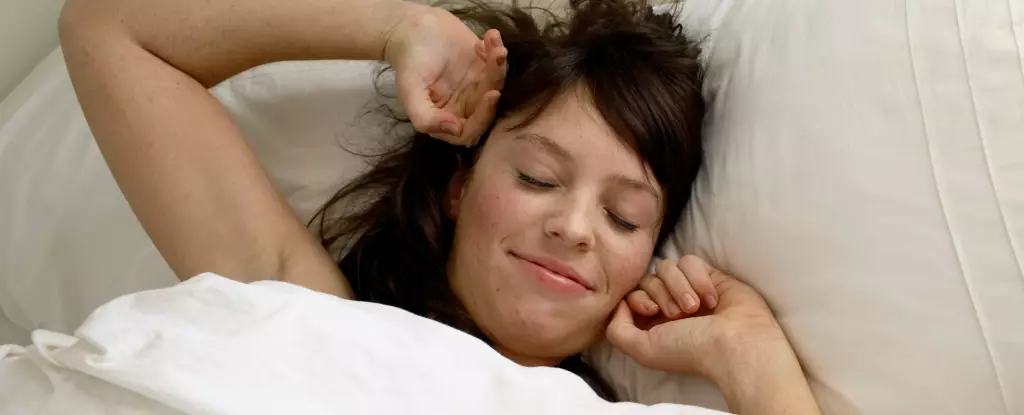John Steinbeck once remarked on the mysterious ability of sleep to resolve dilemmas that seem insurmountable by night. Indeed, a growing body of research supports this notion, revealing that sleep is not just a passive state but an active phase where the brain processes information and fosters creativity. New studies consistently demonstrate that the quality and timing of sleep can significantly impact our capacity to tackle complex problems and think critically.
Recent research from Duke University highlights that sleep may limit the effects of cognitive biases that adversely influence decision-making processes. In their innovative “garage-sale game,” participants were asked to evaluate virtual boxes filled with various items. Most of the goods were of little value, but a few were treasures waiting to be discovered. When forced to make an immediate judgment, participants were influenced by the first items they saw, leading them to overlook more valuable contents hidden later on. Contrarily, those who rested and returned to the game the following day displayed a more comprehensive perception of value, demonstrating the brain’s improved ability to analyze information after a good night’s sleep.
Experiments have shown that sleep can also provide clarity for unresolved issues. A study in 2019 involved participants wrestling with difficult puzzles while listening to specific sound cues. Researchers later played these sounds as participants slept, which resulted in a notable increase in problem-solving success the following day. This suggests that our minds, even in slumber, continue to work through challenges, revealing solutions that might not emerge during waking hours.
The capability of sleep to enhance problem-solving transcends basic puzzles. An additional study from 2023 assessed the memory of associations formed between various items. Participants learned connections involving animals, locations, and foods, some being directly linked while others required deeper connections. After sleep, participants excelled at recognizing these indirect relationships, pointing to the notion that sleep fosters insights into the underlying structure of knowledge, allowing for more sophisticated reasoning the next day.
Historically, figures like Thomas Edison have attested to the creative benefits derived from napping. Edison’s infamous technique involved falling asleep while gripping a ball; as he drifted off, the ball would drop, waking him up and potentially sparking innovative thoughts. A more recent study conducted by French scientists explored this phenomenon, testing whether the light sleep state could reveal hidden rules in complex math problems. Those who entered this threshold between wakefulness and sleep managed to uncover these hidden solutions more adeptly than those who remained consciously engaged.
Interestingly, the hypnagogic state—often described as a dreamlike experience just before sleep—is increasingly recognized as a fertile ground for creativity. In 2023, research sought to connect the imagery encountered during this phase with creative problem-solving tasks. Participants engaged in tree-themed activities before sleep, and those who experienced tree-related imagery while transitioning into sleep reported enhanced problem-solving skills when focusing on similar tasks.
The cumulative evidence of these studies paints a compelling picture: we may be doing ourselves a disservice by undervaluing the role of sleep in our daily lives. In a culture that champions relentless work and productivity, we often overlook sleep as a vital resource for fostering creativity and deepening our understanding of complex topics.
The takeaway is clear: rather than perceiving sleep as a limitation, we should embrace it as an essential part of our creative process. As Steinbeck suggested, problems often find resolutions in the quiet hours of the night—problems that once felt daunting or intricate may well be simplified by the restorative and innovative power of sleep. Moving forward, fostering healthy sleep habits could be one of the most effective strategies for enhancing cognitive function and nurturing creativity in our waking lives. The science is compelling, and it seems that heeding the call of sleep might just ignite the spark of creativity and problem-solving prowess hidden within us all.

